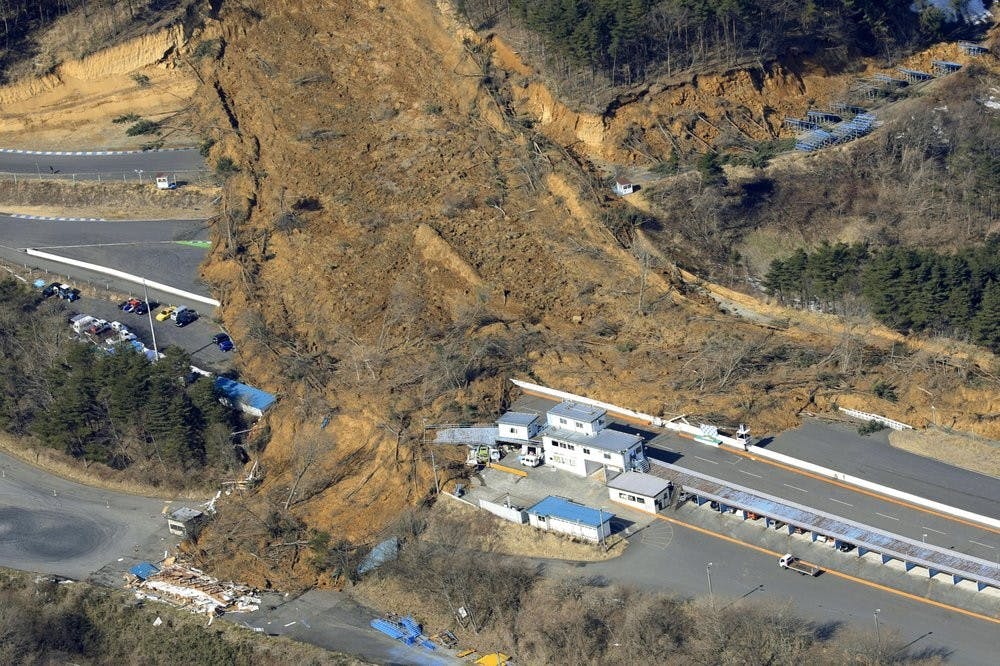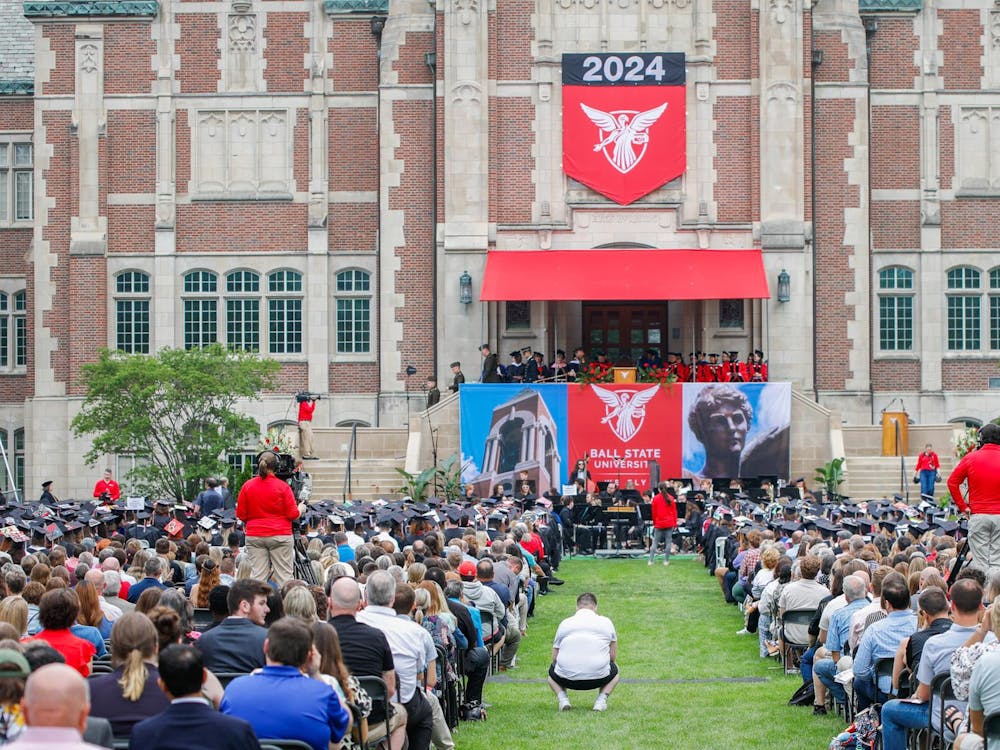Editor’s Note: This listicle is part of a weekly series by The Ball State Daily News summarizing five stories from around the world. All summaries are based on stories published by The Associated Press.
Peru's foreign minister resigns after a government vaccine scandal, Russian cities see small protests for Alexei Navalny, an earthquake in Japan damages some buildings and causes minor injuries, a Russian cargo ship is launched to the International Space Station and Mexico's government announces its plan for COVID-19 vaccinations make up this week's five international stories.
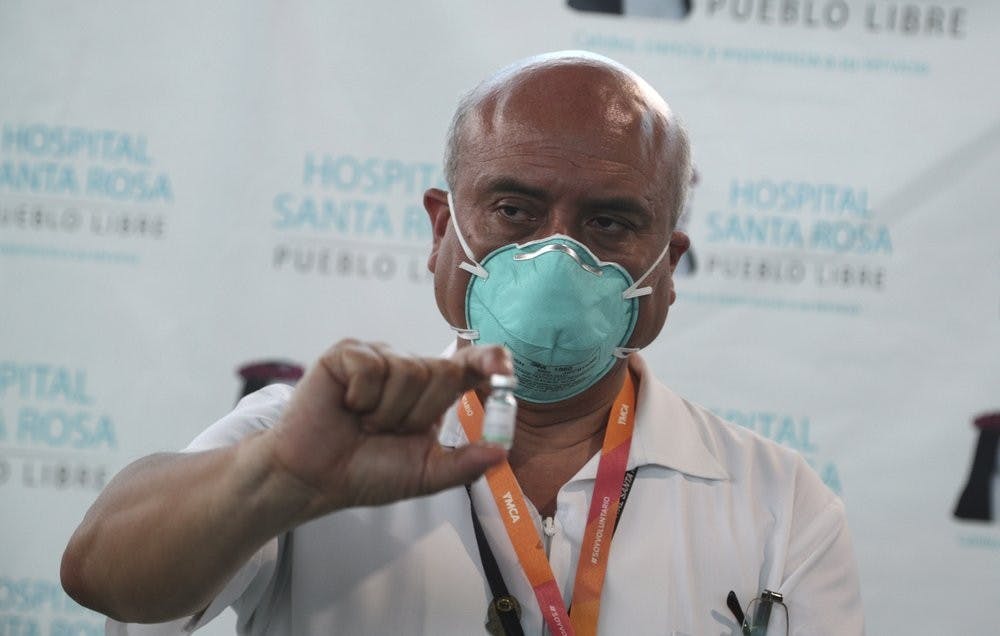
Peru's foreign minister quits over secret vaccination
Peru’s foreign minister resigned Feb. 14 amid an uproar over government officials being secretly vaccinated against the coronavirus before the country recently received 1 million doses for health workers facing a resurgence in the pandemic. President Francisco Sagasti confirmed that Elizabeth Astete stepped down and told the local television channel America that Peruvians should feel “outraged and angry about this situation that jeopardizes the enormous effort of many Peruvians working on the front line against COVID.”
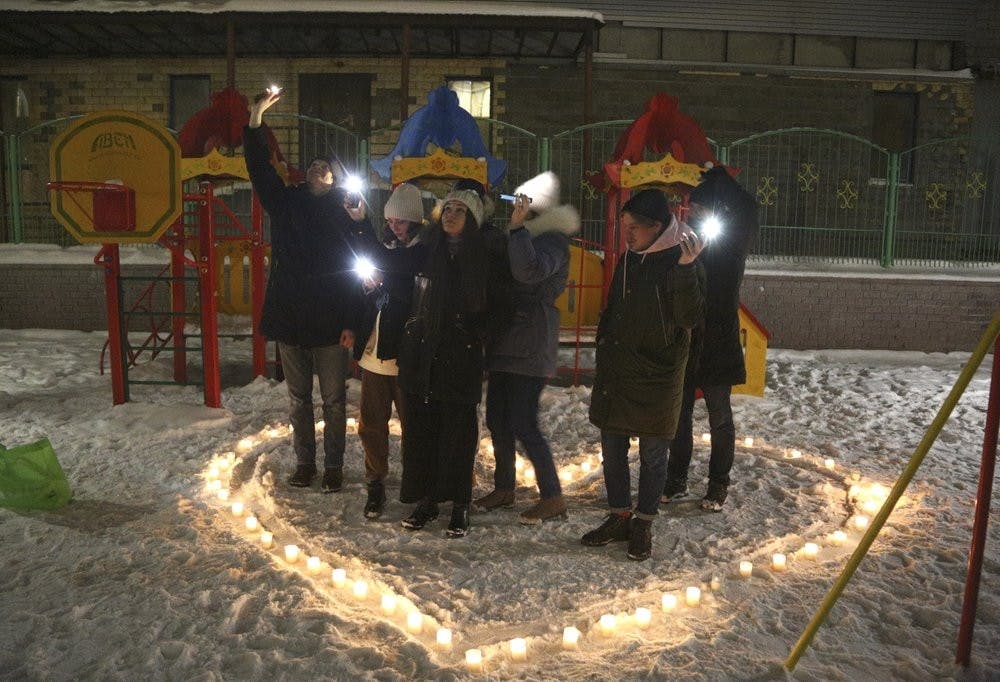
Pro-Navalny 'flashlight' protests light us Russian cities
Supporters of imprisoned Russian opposition leader Alexei Navalny came out to residential courtyards and shined their cellphone flashlights Sunday in a display of unity, despite efforts by Russian authorities to extinguish the illuminated protests. Navalny’s team sent photos of small groups with lit-up cellphones in cities from Siberia to the Moscow region. It was unclear how many people participated overall. When Navalny’s first team urged people to come out to the cellphone protests, many responded with jokes and skepticism. After two weekends of nationwide demonstrations, the new protest format looked to some like a retreat.

A large boulder sits on a road after an earthquake hit the city, in Soma, Fukushima prefecture, northeastern Japan, Sunday, Feb. 14, 2021. A strong earthquake hit off the coast of northeastern Japan late Saturday, shaking Fukushima, Miyagi and other areas, but there was no threat of a tsunami, officials said. (Hironori Asakawa/Kyodo News via AP)
Powerful Japan quake sets off landslide, minor injuries
Residents in northeastern Japan on Sunday cleaned up clutter and debris in stores and homes after a strong earthquake set off a landslide on a highway, damaged buildings and parts of bullet train lines and caused power blackouts for thousands of people. More than 140 people suffered mostly minor injures, many of them by falling objects and cuts while stepping on broken glass. Three people were confirmed with serious injures but there were no reports of deaths, Chief Cabinet Secretary Katsunobu Kato said.
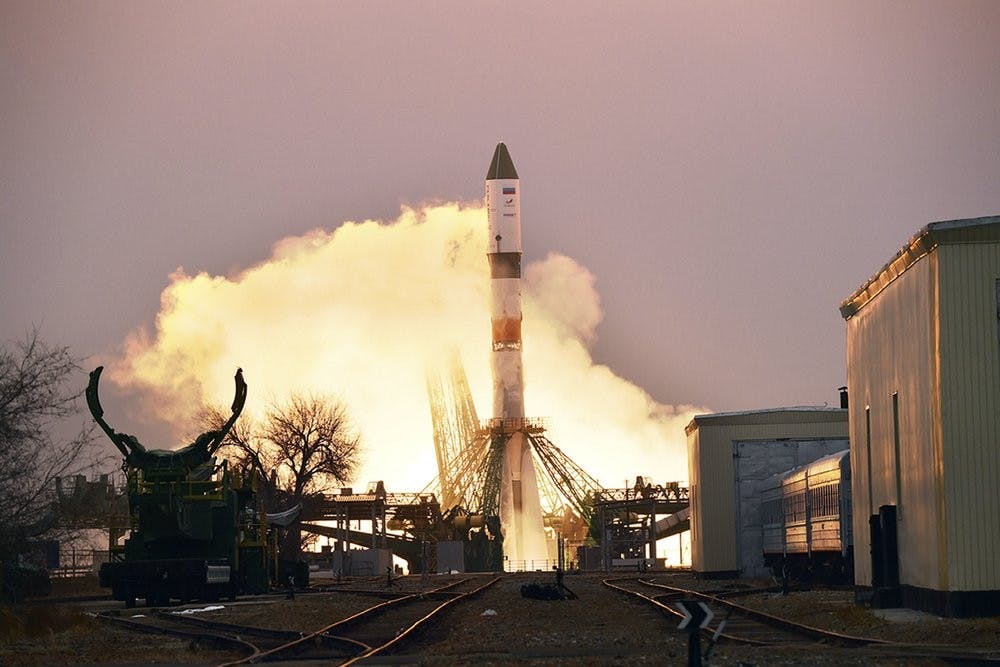
Russian cargo ship launched to International Space Station
An unmanned Russian cargo ship launched successfully Feb. 15 with a load of supplies for the International Space Station. The Progress MS-16 cargo ship blasted off as scheduled at 9:45 a.m. (0445 GMT) from the Russia-leased Baikonur launch facility in Kazakhstan and reached a designated orbit en route to the station. It is carrying water, propellant and other supplies and is set to dock at the space outpost on Wednesday. The space outpost is now operated by workers at NASA, the Japan Aerospace Exploration Agency and Russian Space Agency Roscosmos.
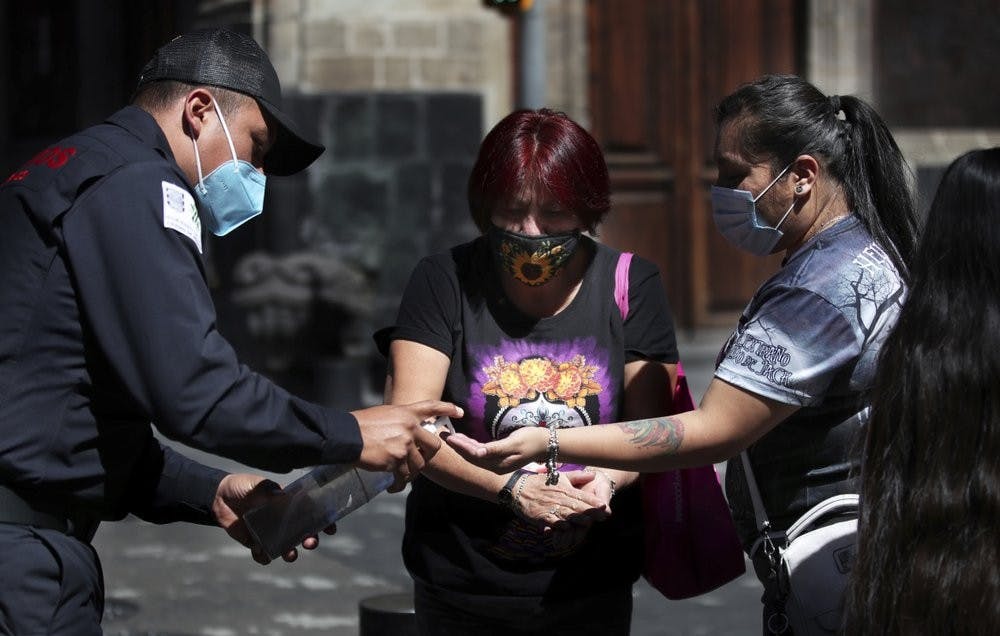
A firefighter gives disinfectant gel to women out shopping after authorities changed the health alert to orange after weeks in red, in Mexico City, Saturday, Feb. 13. 2021, amid the new coronavirus pandemic. The Mexican government announced Feb. 14 plans to vaccinate the elderly and most remote areas first for COVID-19. (AP Photo/Marco Ugarte)
Mexico plan to vaccinate elderly, poorest, most remote first
Mexico received a shipment of 870,000 AstraZeneca vaccine doses from a plant in India Feb. 14 and laid out plans to vaccinate elderly people in the country’s poorest, most remote areas first. Mexico has so far used Pfizer shots to vaccinate frontline health workers, but has nearly run out of those. So the government will start applying its first doses of the AstraZeneca shot, which it purchased at $4 each. Critics say it would be quicker and more efficient to start vaccination efforts in the worst-hit urban areas, where the elderly live closer together. But the government announced plans to send teams by truck, plane and helicopter to 330 outlying townships.

